Book Review | ‘Soil: The Story of a Black Mother’s Garden’ by Camille T. Dungy
An Exploration of Gardening as an Analogy for Hope, Resilience, and Hard Work
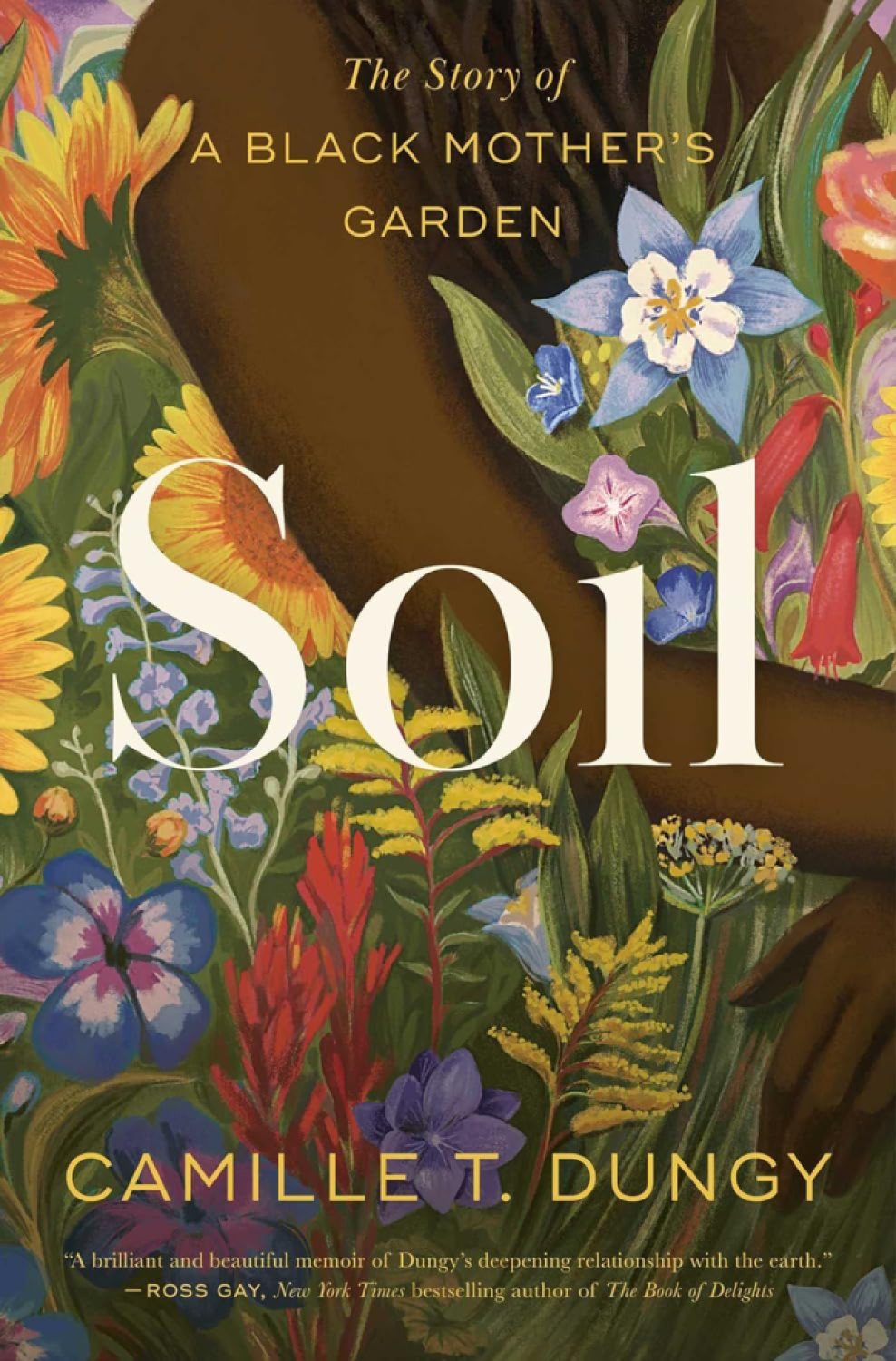
Gardening and mindfulness cannot help but go hand in hand. The work of planting and tending a garden, whether in a suburban yard or on a big-city balcony, requires care and thought, close observation of sun, shade, and soil. Every garden reflects the mind and sensibility of the gardener.
Soil tells the story of how poet, distinguished academic, Guggenheim fellow, and joyous gardener Camille T. Dungy transformed her suburban yard in Fort Collins, Colorado, with deliberate respect and care. Dungy is a meticulous observer, not only of her garden but of the wider world and her place in it, and Soil is filled with equal measures of wonder and wisdom. She insists that every politically engaged person have a garden, no matter how small or modest, and what she means by politically engaged is having a vested interest in the relationships one has with other people and the planet we share.
Dungy’s engagement with life emerges with considerable force. When she works in her garden, she doesn’t rush, avoiding, as much as possible, labor- and time-saving equipment. Preparing a three-by-three-foot plot of ground might take 12 hours by hand, but it’s precisely through slow, methodical work that the soil reveals what Dungy needs to know. What to pull out or relocate, where to amend and rehabilitate. As with life itself, gardening is not only figuring out what to do, but when to do it.
In addition to being a poet and academic, Dungy is also a wife and mother, which means she’s a juggler and balancer of roles and expectations. She’s also a Black mother, which carries its own quiver of concerns in a town, state, and region where Black people are a tiny minority, a fact magnified in the racially charged atmosphere of summer 2020. A Black woman like Dungy — accomplished, educated, sensitive, and intelligent — with a family history rooted deep in America’s saga of slavery, white supremacy, Jim Crow segregation, and a manifestly unjust justice system, is threatening to some and intimidating to others. But Dungy knows who she is, what she believes, and the work she puts into her garden, her environment, reflects a holistic awareness; she doesn’t sow without first considering the consequences for insects, bees, birds, butterflies, and rabbits, as well as her neighbors. “Mindful” and “present” are words that describe this book, and Dungy herself.
“Gardens, history and hope are the same,” Dungy writes. “Though once dearly beloved, if left unintended, without anyone’s dedication and care, much will be totally lost.” This idea applies to the ecosystem, the condition of our schools and social institutions, and even our democracy. Neglect, benign or otherwise, carries a cost that is borne unequally. Part of Soil was written during the COVID pandemic, when care — for patients, medical workers, students, the elderly and other vulnerable people — became a daily preoccupation.
Although she was born in Colorado, Dungy isn’t sure she belongs there. With what I think demonstrates her inherent humility and an example of her ethical sense, she writes, “Though I have my little plot of land here that I love, I am nothing but a settler in this state. And not always a welcomed one.” She notes that even after ratification of the 13th and 14th Amendments granting the full rights of citizenship to any man born or naturalized in the United States, the political leaders of the Colorado Territory attempted on three different occasions to deny African Americans the right to vote or sit on a jury.
Gardening and hope also go together, and they are helped along by a resilience born of trial and error, a willingness to learn and try again. “I dig up a lot of awful history when I kneel in my garden,” writes Dungy. “But, my god, a lot of beauty grows out of this soil as well.”
This review originally appeared in the California Review of Books.
Premier Events
Thu, May 02
5:00 PM
Santa Barbara
Things with Wings at Art & Soul
Sat, May 04
10:00 AM
Lompoc
RocketTown Comic Con 2024
Wed, May 01
7:30 PM
Santa Barbara
American Theatre Guild Presents “Come From Away”
Thu, May 02
5:00 PM
Santa Barbara
100th Birthday Tribute for James Galanos
Thu, May 02
5:00 PM
Santa Barbara
Meet the Creator of The Caregiver Oracle Deck
Fri, May 03
4:00 PM
Santa Barbara
Santa Barbara Fair+Expo “Double Thrill Double Fun”
Fri, May 03
8:00 PM
Santa barbara
Performance by Marca MP
Sat, May 04
10:00 AM
Solvang
Touch A Truck
Sat, May 04
11:00 AM
Santa Barbara
Mental Wellness Center’s 28th Annual Arts Faire
Sat, May 04
11:00 AM
Santa Barbara
Community History Day
Sat, May 04
3:00 PM
Solvang
The SYV Chorale Presents Disney Magic Concert
Sat, May 04
7:00 PM
Santa Barbara
A Star Wars Cantina Celebration: Renegades, Rebels, and Rogues
Thu, May 02 5:00 PM
Santa Barbara
Things with Wings at Art & Soul
Sat, May 04 10:00 AM
Lompoc
RocketTown Comic Con 2024
Wed, May 01 7:30 PM
Santa Barbara
American Theatre Guild Presents “Come From Away”
Thu, May 02 5:00 PM
Santa Barbara
100th Birthday Tribute for James Galanos
Thu, May 02 5:00 PM
Santa Barbara
Meet the Creator of The Caregiver Oracle Deck
Fri, May 03 4:00 PM
Santa Barbara
Santa Barbara Fair+Expo “Double Thrill Double Fun”
Fri, May 03 8:00 PM
Santa barbara
Performance by Marca MP
Sat, May 04 10:00 AM
Solvang
Touch A Truck
Sat, May 04 11:00 AM
Santa Barbara
Mental Wellness Center’s 28th Annual Arts Faire
Sat, May 04 11:00 AM
Santa Barbara
Community History Day
Sat, May 04 3:00 PM
Solvang
The SYV Chorale Presents Disney Magic Concert
Sat, May 04 7:00 PM
Santa Barbara

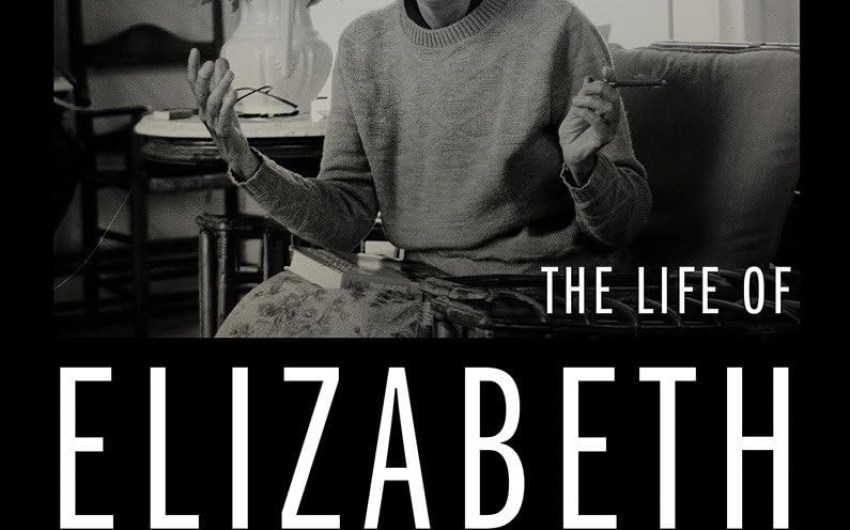
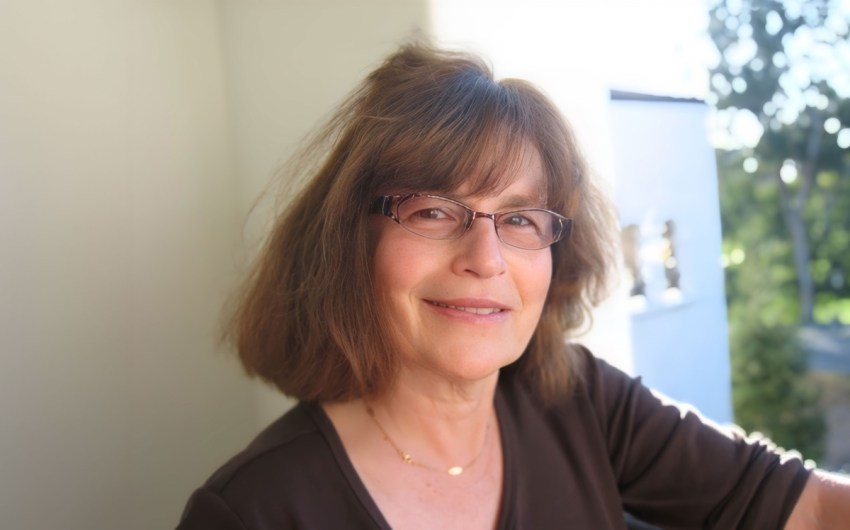

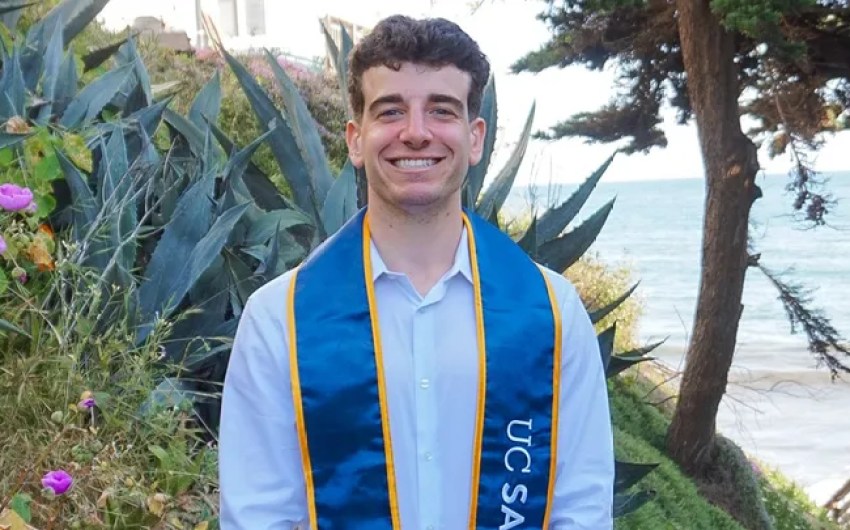
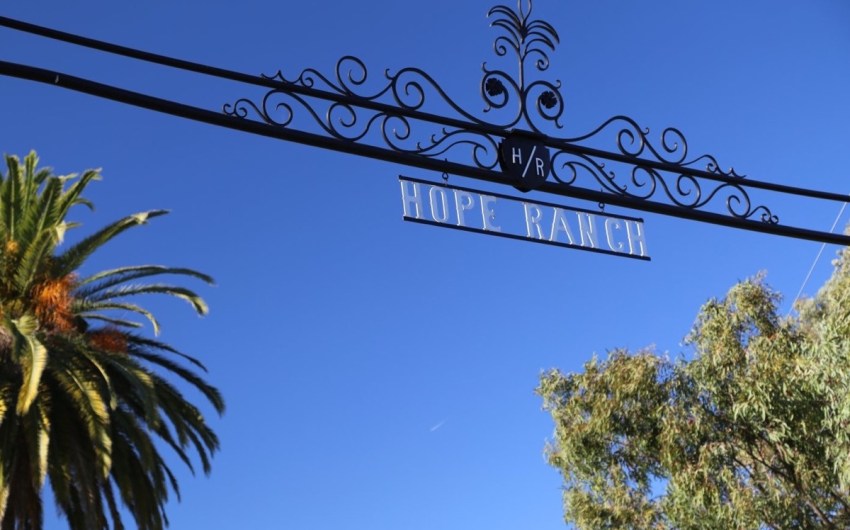
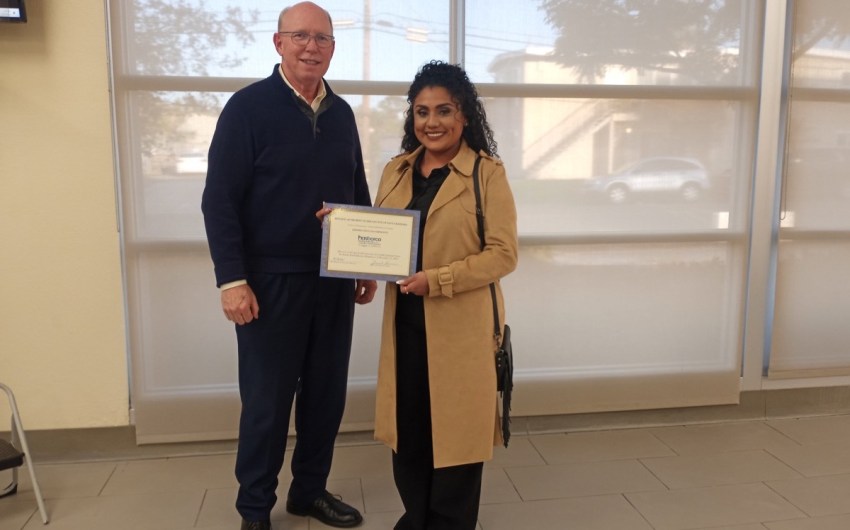


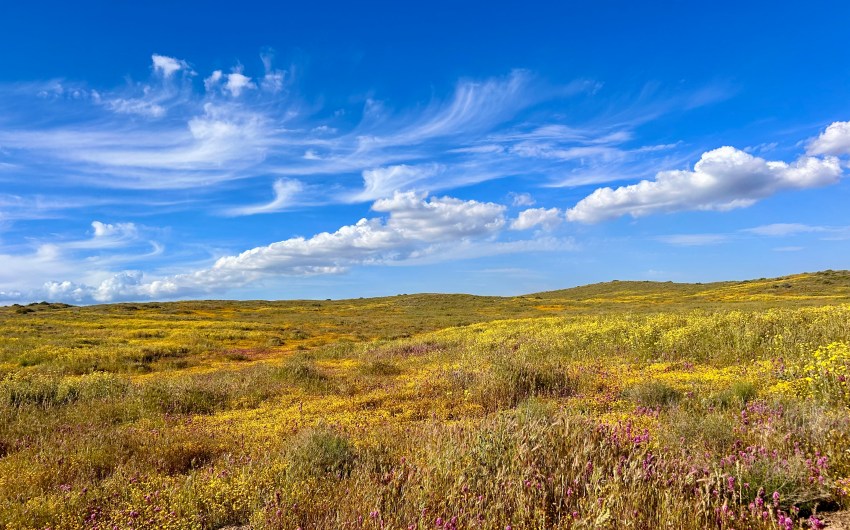
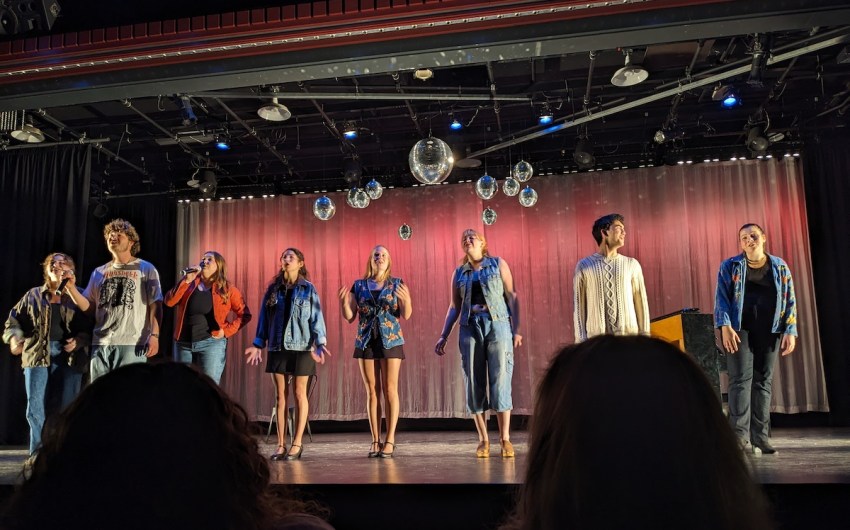
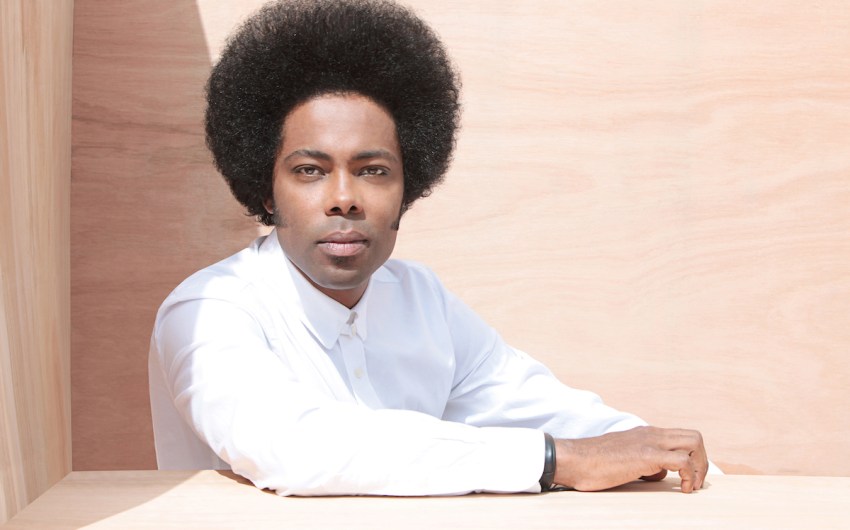

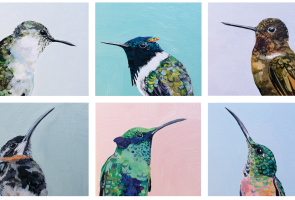







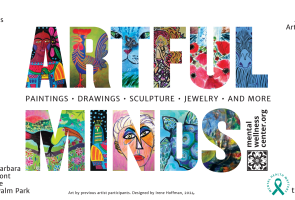
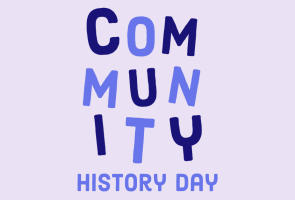
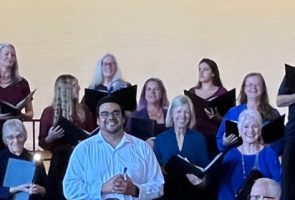

You must be logged in to post a comment.